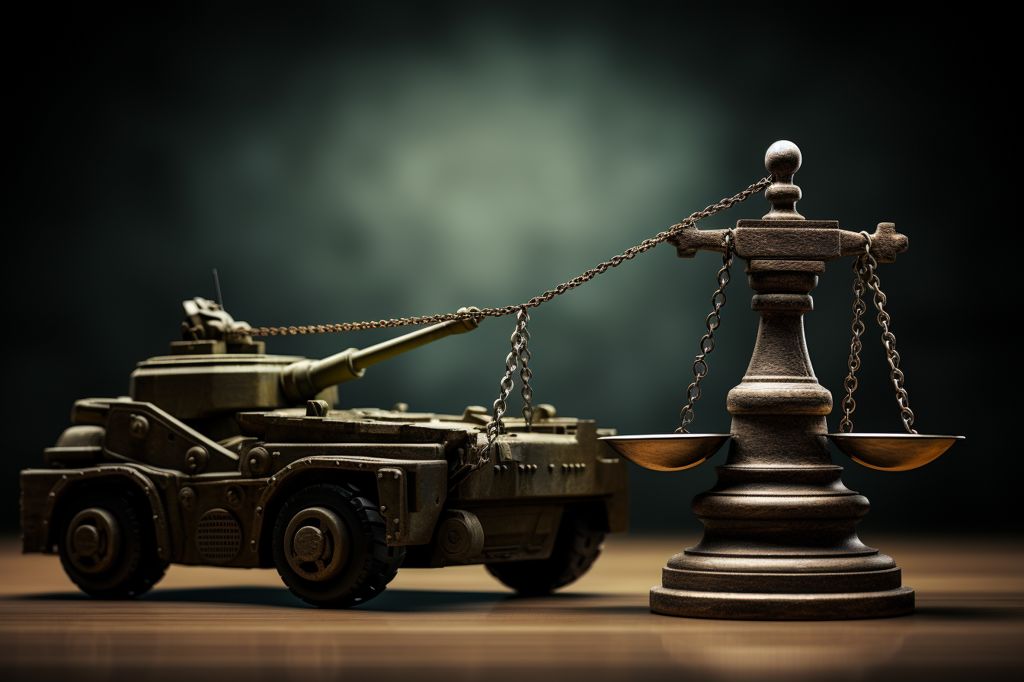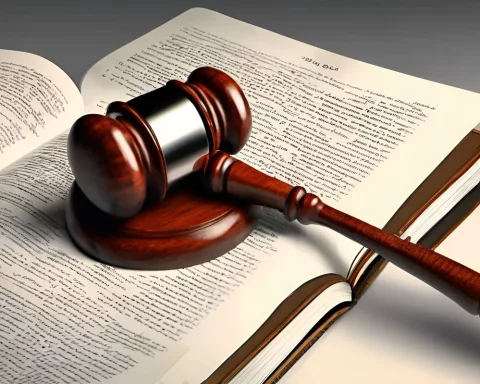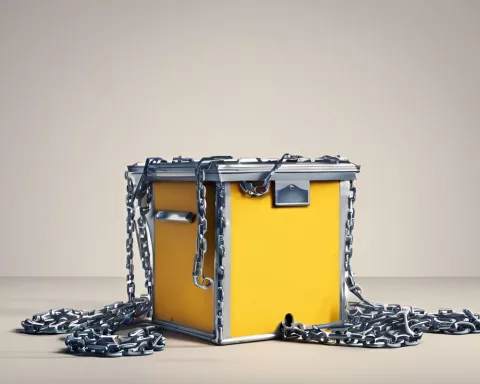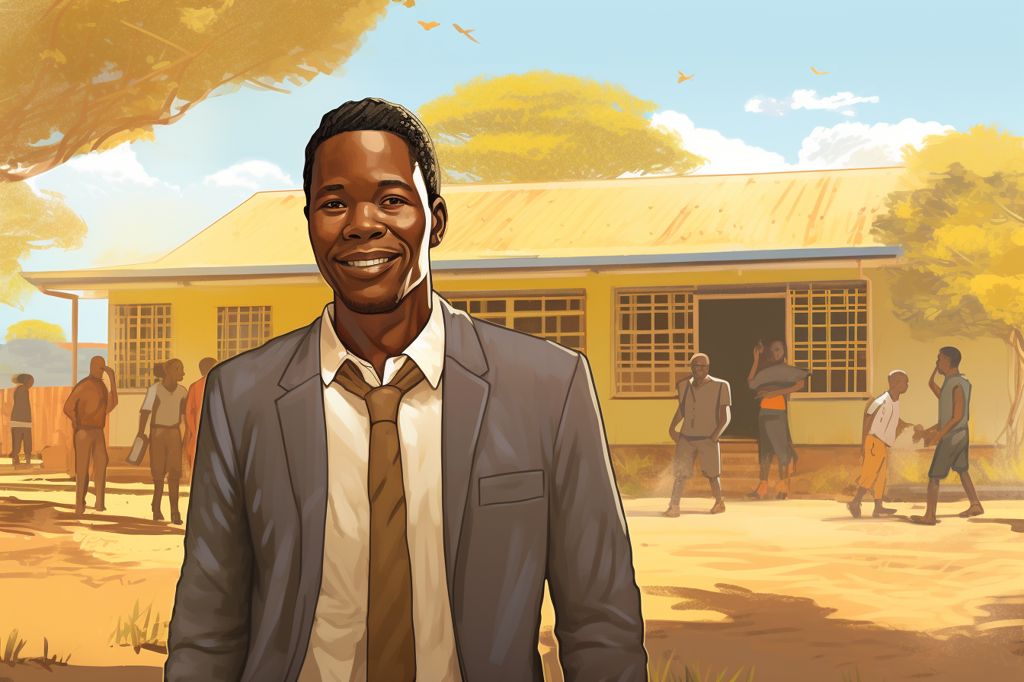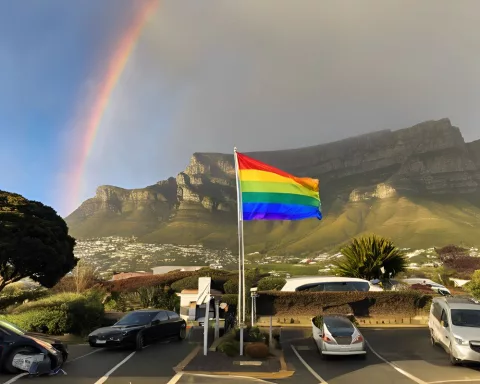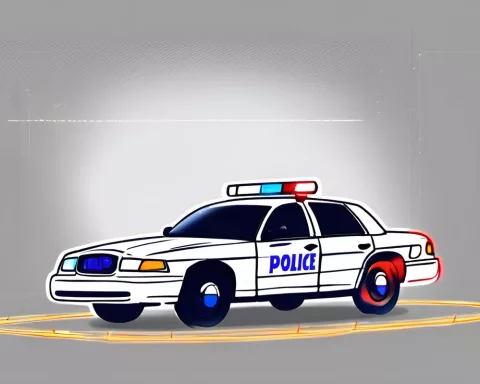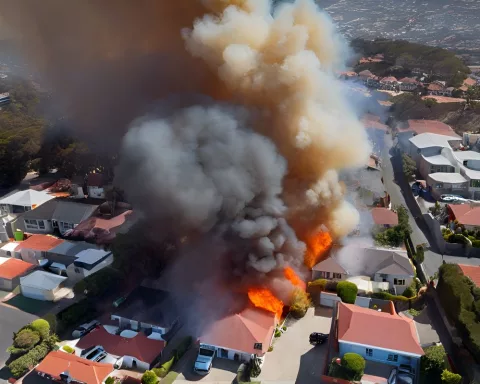Amidst the complexities of global politics, a challenging scenario has unfolded in South Africa. The country’s main opposition party, the Democratic Alliance (DA), warns against bowing to Russia’s threats regarding the potential arrest of President Vladimir Putin. This story encompasses political and ethical questions that have sparked a heated debate, highlighting the importance of preserving the rule of law.
The Current Situation
Recently, President Cyril Ramaphosa disclosed an affidavit suggesting that apprehending Putin would be tantamount to a declaration of war. This revelation fueled an intricate narrative encompassing both political and ethical questions. DA lawyer Elzanne Jonker advocates maintaining adherence to South Africa’s domestic and international law obligations despite Russia’s intimidation tactics. She eloquently argued, “Were such a threat to be given credence, it would be the end of the rule of law, both in international law and domestic law.”
Accusations Against Putin
The International Criminal Court (ICC) accuses Putin of deporting Ukrainian children to Russia. In response, the DA approached the Johannesburg High Court in May, urging it to detain and surrender the Russian leader if he steps foot on South African soil for the upcoming BRICS Summit. Times Live reports that as an ICC member, South Africa is obliged to arrest Putin if he attends the event.
Upholding International Law Enforcement
The DA’s position upholds the sanctity of international law enforcement, highlighting the potential ramifications of disregarding international obligations. According to Jonker, if powerful individuals can evade justice by threatening retaliation, it undermines accountability for war crimes, genocide, and crimes against humanity. The lawyer cites section 198c of the South African constitution, which states, “National security must be pursued in compliance with the law, including international law.”
Diplomatic Relations
Despite these bold assertions, Jonker acknowledges the importance of diplomatic relations and avoiding unnecessary conflicts. She proposes disinviting Putin from the BRICS summit, arguing that the South African government should not cater to a leader who threatens war for upholding international law. Her stance emphasizes the importance of the rule of law in navigating political tensions and fostering peace.
The Delicate Balance
In an artful display of legal strategy, Jonker deftly addresses the counterargument that withdrawing Putin’s invitation would be impolite and damage international relations. She contends that the greater issue lies in hosting a state leader who issues such threats in the first place. This sophisticated and nuanced perspective highlights the delicate balance between diplomacy and adherence to the rule of law.
This intricate political story reveals the complex tapestry of international relations, as well as the challenges faced by nations like South Africa in preserving their sovereignty. Ultimately, this story offers a fascinating glimpse into the high-stakes world of global politics, a realm where nations must navigate the delicate interplay between power, diplomacy, and the rule of law.

